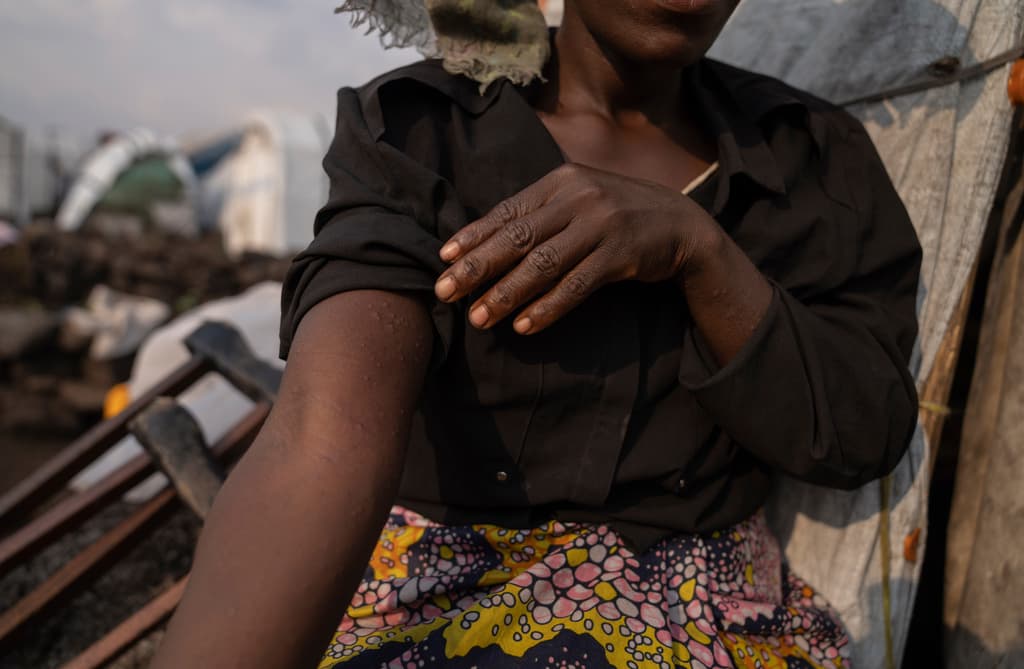Mpox is not a new discovery. The disease, which was previously known as monkeypox, has been known since the 1950s and both treatment medications and vaccines exist.
But the variant of the disease that is now spreading is different. It also differs from previous outbreaks of mpox.
This is a virus that changes very slowly, compared to, for example, sars-cov-2, says Erik Sturegård, deputy state epidemiologist at the Public Health Agency.
Poverty and Healthcare
At present, he does not see any danger of a pandemic like the one that swept across the world with covid-19.
Even for the new variant – where the infectivity is higher than before – there is nothing to suggest that the transmission route is primarily anything other than close physical contact.
The fact makes the disease particularly serious in countries where poverty, poor living standards, and limited access to healthcare are widespread problems.
The outbreak of clade 1 – the more infectious variant – was first detected in the Democratic Republic of the Congo but has spread to neighboring countries Rwanda, Burundi, Kenya, and Uganda.
For the average tourist, it is perhaps not so likely that they will travel to the Democratic Republic of the Congo where the spread of infection is greatest, and for the other countries, the risk of coming into close contact with an mpox-infected individual is limited.
The Virus is Changing
Sturegård emphasizes, however, that a currently localized outbreak in central Africa is not the same as dismissing the disease in other parts of the world.
If we do not get control over the outbreak in the affected countries in Africa, then there is an obvious risk of successive spread to other parts of the world.
And with increased spread, there is an increased risk that the virus will change.
We have seen during the outbreak of clade 1 that there has been a certain genetic adaptation to humans, which may make the infectivity higher than before, he says and continues:
The risk of the virus changing increases the more people are infected.
Mpox, previously called monkeypox, is a viral disease. In the spring of 2022, an unusually large number of cases were detected in several countries. Transmission of the virus then occurred mainly through sexual contact between men who have sex with men. This variant is called clade 2.
The variant of mpox that is now spreading mainly in Africa, called clade 1, is believed to be both more infectious and deadly than the clade 2 variant.
Mpox often causes rashes, sores, and blisters on the torso, arms, legs, hands, and feet, as well as on the face, and also fever. The symptoms have often been mild but can become serious in people in risk groups.
The disease usually heals on its own within two to four weeks, but can become more serious for those with impaired immune systems. Children and adolescents are also considered to be at greater risk of becoming seriously ill.
Source: Public Health Agency






